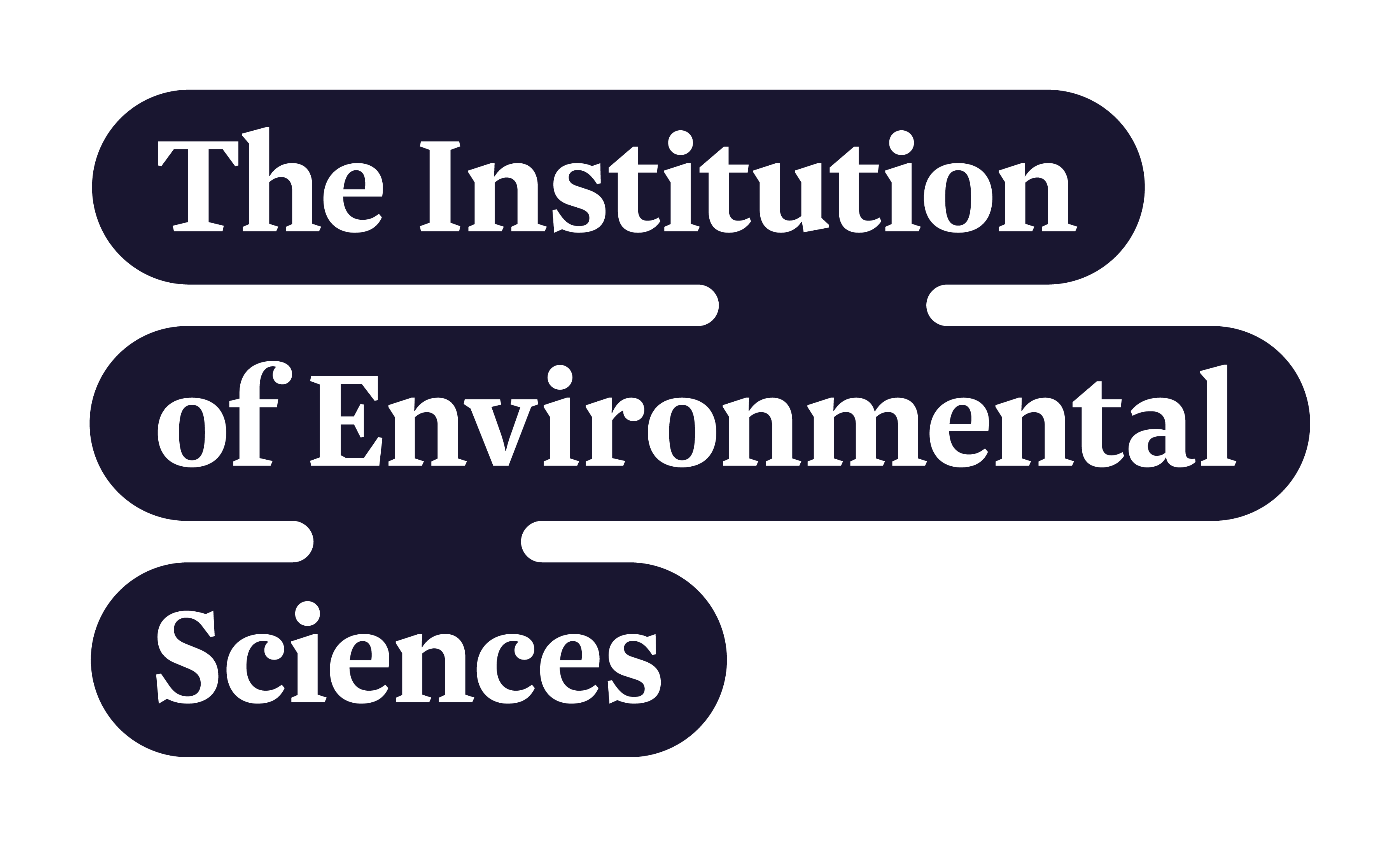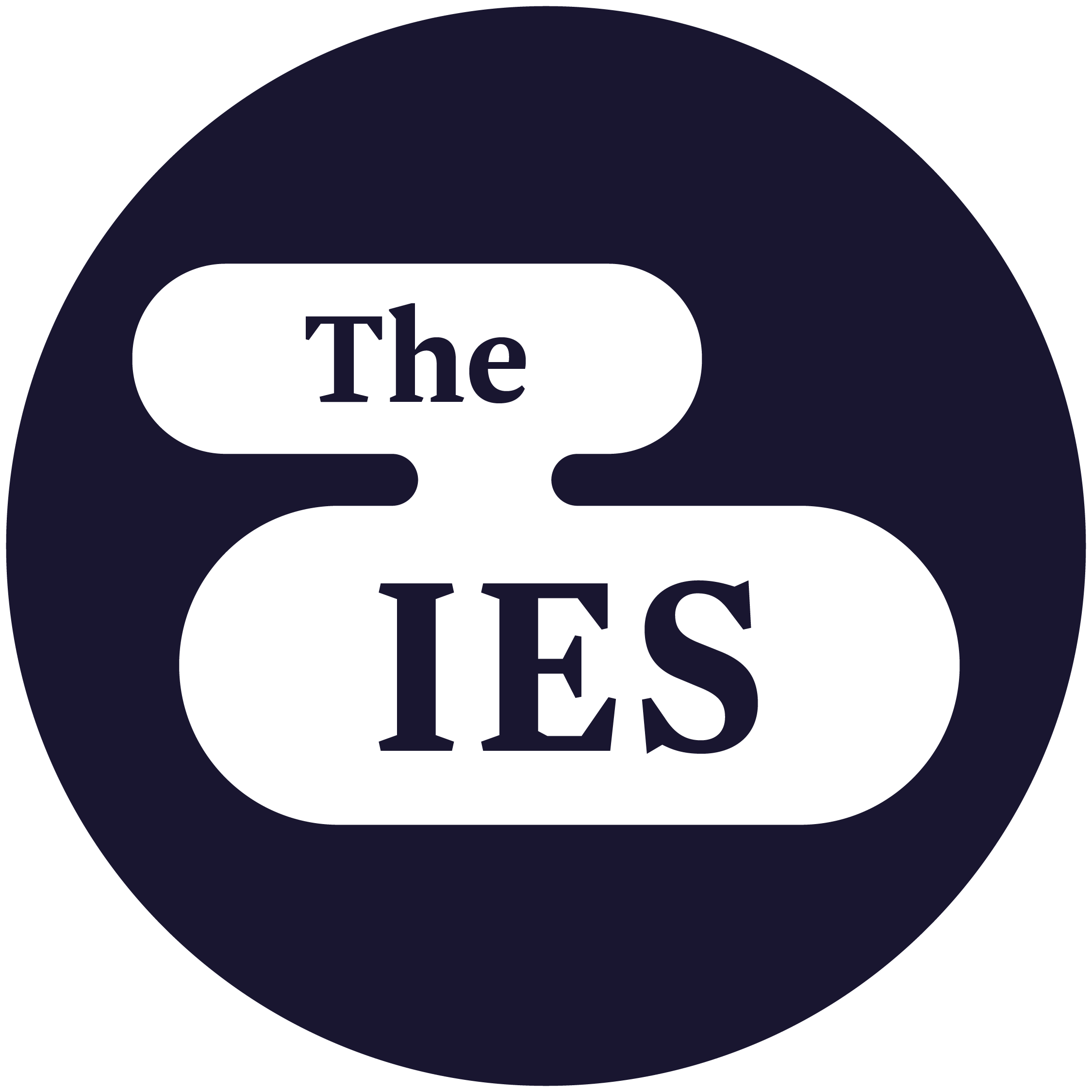Our Communities
The IES connects people, profession and practice
The IES Communities - connecting for change
Our active Communities bring professionals together around a shared goal, interest or set of values. Working with them, the IES generates events, publications, guidance, and policy work to transform our environment and our members' careers
Learn more about our Communities
IES Communities bring together members from an environmental specialism (for example, land condition) or around an interdisciplinary challenge (for example, climate action).
Communities are member-led, meaning that each Community’s outputs differ depending on their needs and interests. Each Community develops a yearly workplan of key projects, outlining key projects and timescales.
Typical activities can include:
- Community meetings
- Events, including webinars and workshops
- An Annual Conference
- Policy outputs, including consultation responses
- Publications, including guidance, reports and articles
- Each Community has a regular newsletter that keeps community members informed of updates and opportunities.
In pursuit of the IES's strategy around interdisciplinary working, Communities also collaborate on cross-cutting topics, including the IES’s annual Dialogue Between Disciplines Conferences.
By joining a Community, you will be part of a dynamic network of dedicated professionals taking a leading role in the sector. You'll help develop tailored activities and resources that will advance the field and will gain valuable CPD.
Communities are an excellent way to connect with fellow environmental scientists, both working in your field and in related areas.
All members can join a Community – it is an IES membership benefit.
IES Members can join Communities through the Manage my Communities form in the Members' Portal. If you would like to join a Community but you’re unsure which Community suits your interests, the IES Team can help guide you based on your background and professional goals. You can join more than one community.
If you are an early-career professional, we would encourage you to engage with our Communities - it is a great way of building your network, gaining CPD, and contributing to sector-wide work. Two of our Communities (Land Condition and Air Quality) also have dedicated Early Careers Networks, which provide tailored support for those in the early part of their careers.
Some Communities also allow non-IES members to join in certain circumstances. These will be outlined on the individual Community webpages.
Once you have joined a Community, you will automatically receive the Community newsletter, where you will be the first to hear about Community activities and opportunities to get involved.
These could include:
- Attending a Community meeting or event
- Speaking at a Community event
- Contributing to a Community publication
- Expressing interest in joining a Committee/Steering Group
- Joining a dedicated Working Group or Subcommittee
- Contributing to a Community consultation response
- Representing the Community on external groups
There’s no minimum requirement to join a Community - your contribution can evolve with your availability. Communities typically hold several events each year, as well as biannual Community meetings – attendance at these is optional but encouraged. If you choose to join a Committee/Steering Group, Working Group or Subcommittee, the adverts for these positions will specify the expectations and time commitment involved.










